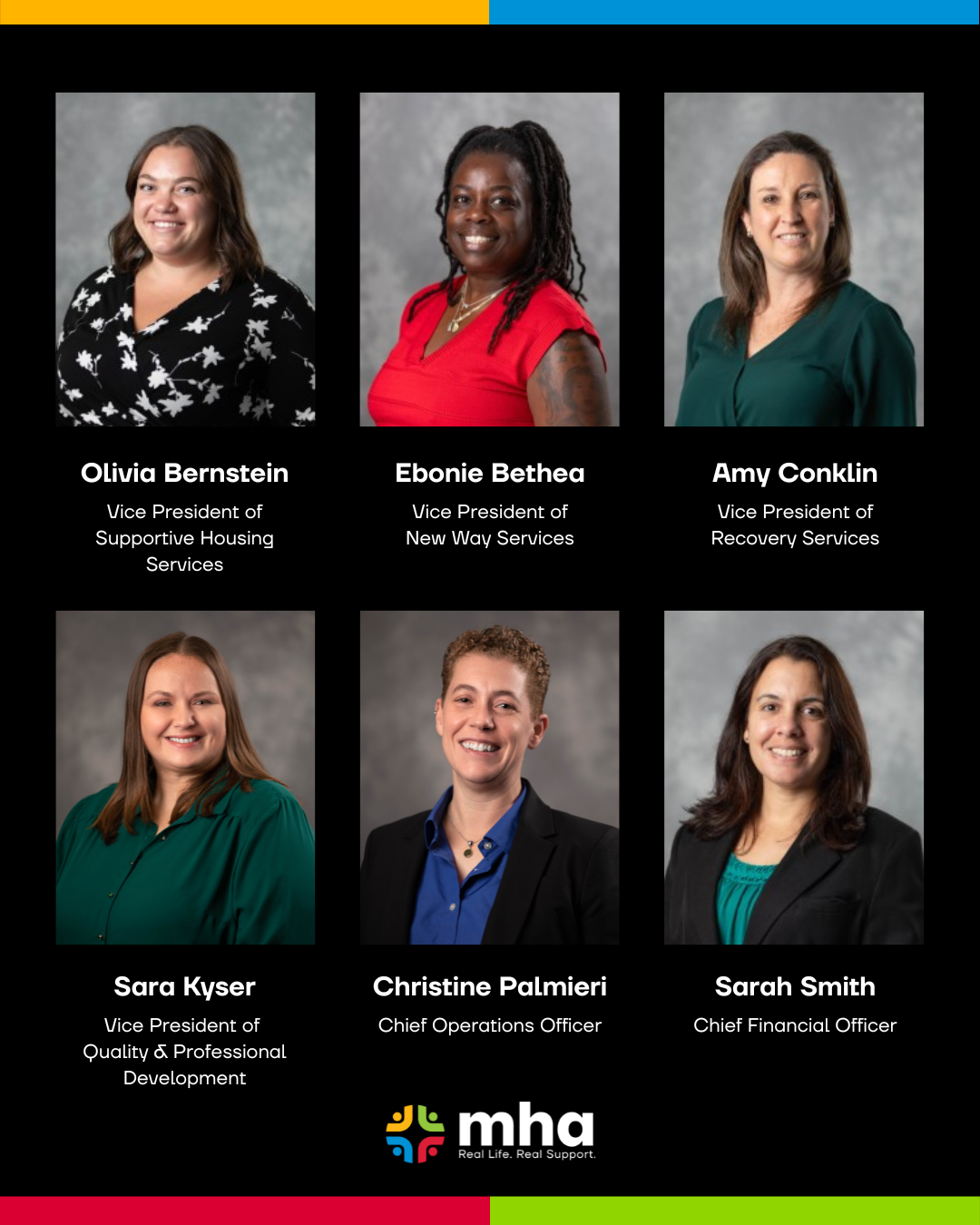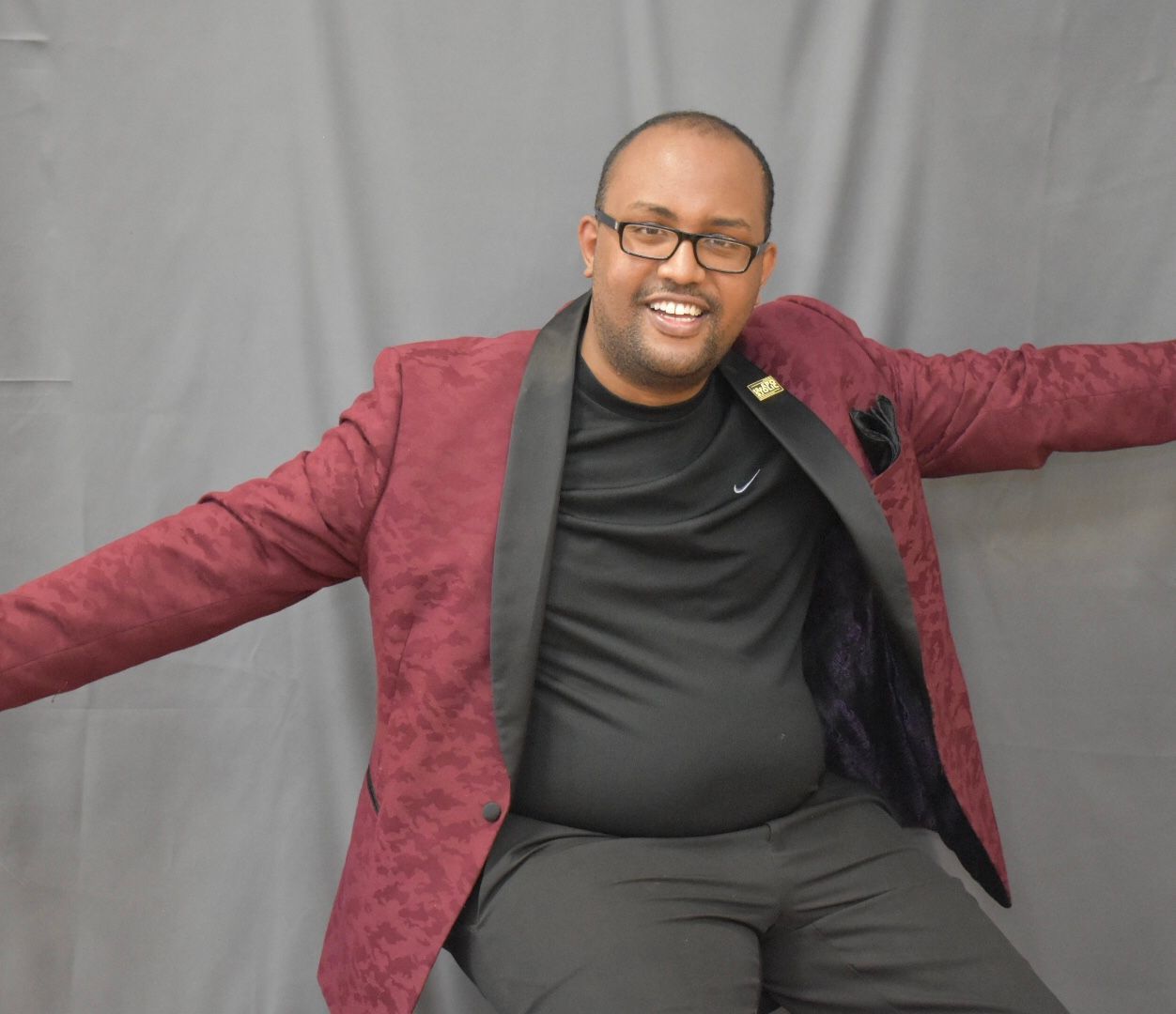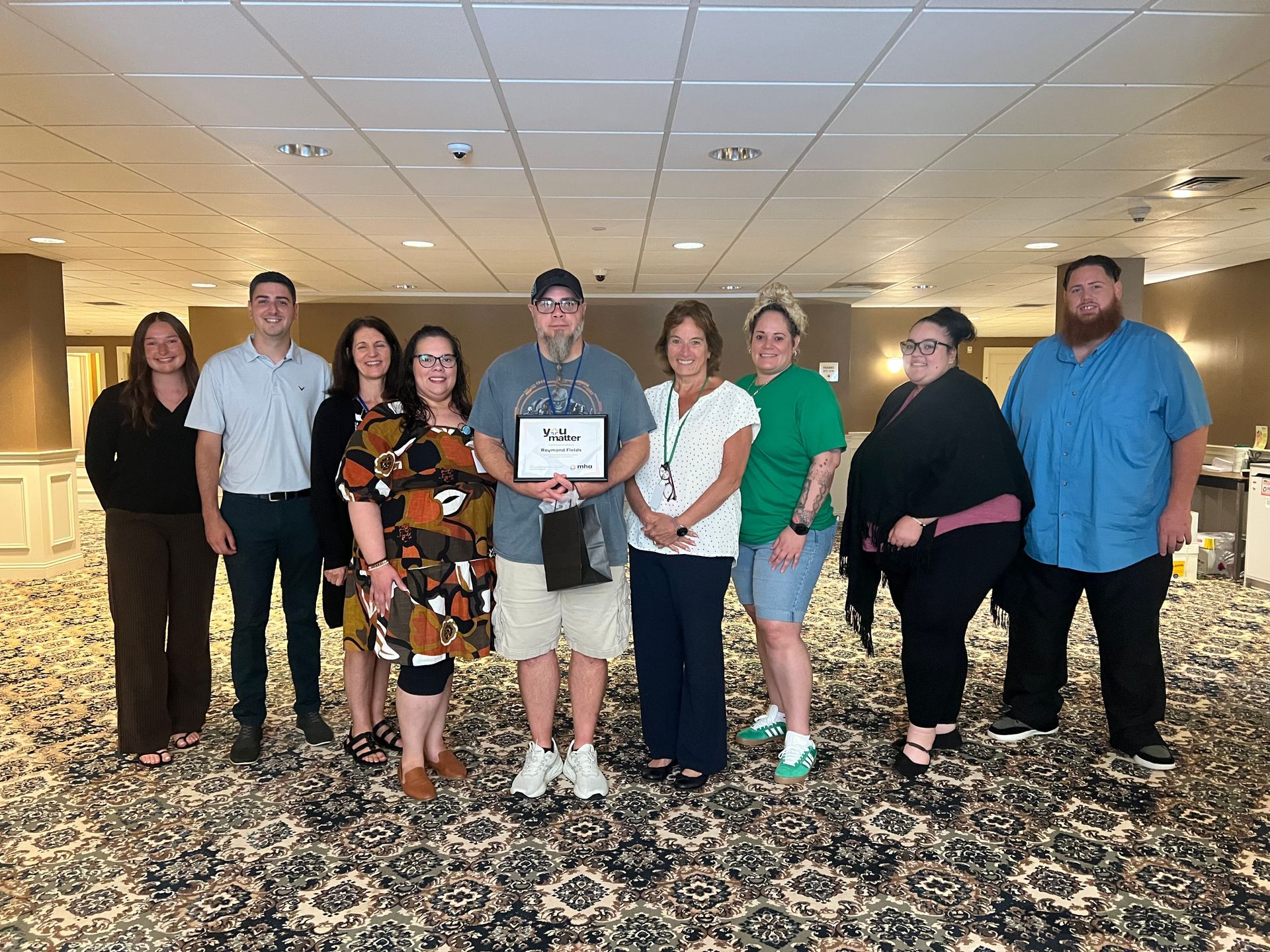Success Story: Able House
Published: August 2024
After taking the necessary steps to enter substance-use recovery, individuals often face the challenge of finding meaningful opportunities to pursue once they leave a sober home. This was the case for Maeggan, who struggled with a crystal meth addiction and moved in and out of halfway houses. Eventually, Maeggan was referred to MHA’s sober living residential program, Able House in Springfield, Massachusetts. Approaching two years of sobriety, Maeggan is now seeking the next phase of her life - her next opportunity and passion.
Maeggan expressed her interest to Jennifer Brassard, the House Manager at Able House. After some discussion, Jennifer suggested that Maeggan explore MHA's employment services program tailored for program participants. The employment specialist works under MHA's Division of Recovery and Housing (DRH) and their role includes helping participants with their resumes, conducting mock interviews, seeking and applying for jobs and benefits, as well as advocating for them in the community. The employment specialist and Maeggan met several times throughout Maeggan’s job search. Each time, they practiced interview questions and etiquette. “The employment specialist guided me throughout the whole process. They helped me build my resume and practice mock interviews. They believed in me and made me believe what they saw in me. What I could accomplish.”
The intensive preparation paid off, and soon Maeggan landed a job as a dietary kitchen aide at MiraVista Behavioral Health Center in Holyoke, Massachusetts. "I started applying to different places and when I got this job, I was speechless. I was so happy. I used to work at a gym, but soon I felt like I couldn't handle it anymore. I didn't feel like I had a purpose."
Brassard stressed the importance of the employment specialist. "What was great when we were using the [employment services] program was seeing what these women are capable of. When these women met with the employment specialist, the specialist helped them identify marketable employment skills that they had developed throughout their lives but didn't realize they had. The women mentioned that they felt hopeful and gained an added level of confidence and a sense of value. These women have been told all their lives what they are not, but the employment specialist was able to help them realize what they can be," said Brassard.
For Maeggan, she has finally landed a job that she is passionate about, which she sees as a steppingstone to even greater opportunities in the future. She thrives in an environment where she can make a positive impact on people's lives, no matter how small. Having experienced similar challenges as the clients at MiraVista, she feels a deep connection and sees her work as a way of giving back. “Every day, I interact with the clients, and it reminds me of where I came from. I was among them; I am one of them. Being on the other side of that is a humbling experience for me. It helps me stay grounded, honestly."
Maeggan is thankful that she found Able House and credits the program with helping her see what she is capable of. She says, "I wouldn’t be sober if it wasn’t for the help of the staff. I have been through a lot in my life, and they’ve shown me the tools that it takes to get through difficult situations and how to become an adult. MHA has saved my life."
Maeggan hopes others find the services at Able House to be as impactful as it has been for her. “This program is different because I feel like we are all in this together. We support one another, hold each other accountable, and treat each other as equals… I like being held accountable; I really do. It gives me a sense of pride and belonging. I’ve come a long way.”
“I think what's most exciting about this program is that we are giving the opportunity for all these women to build supportive relationships with each other and to share common goals. They learn to trust one another. The healing really begins when you start to trust other people,” said Brassard.
MHA’s Able House is a short-term, sober living community residential program located in Springfield, Massachusetts. The self-supporting program is comprised of two homes of men and women guided by a house manager.
If you or someone you know is in need of assistance with substance use and mental health, please call 844-MHA-WELL. To learn more about Able House and our Division of Recovery and Housing, please visit
https://www.mhainc.org/housing-and-recovery/.
share this story





